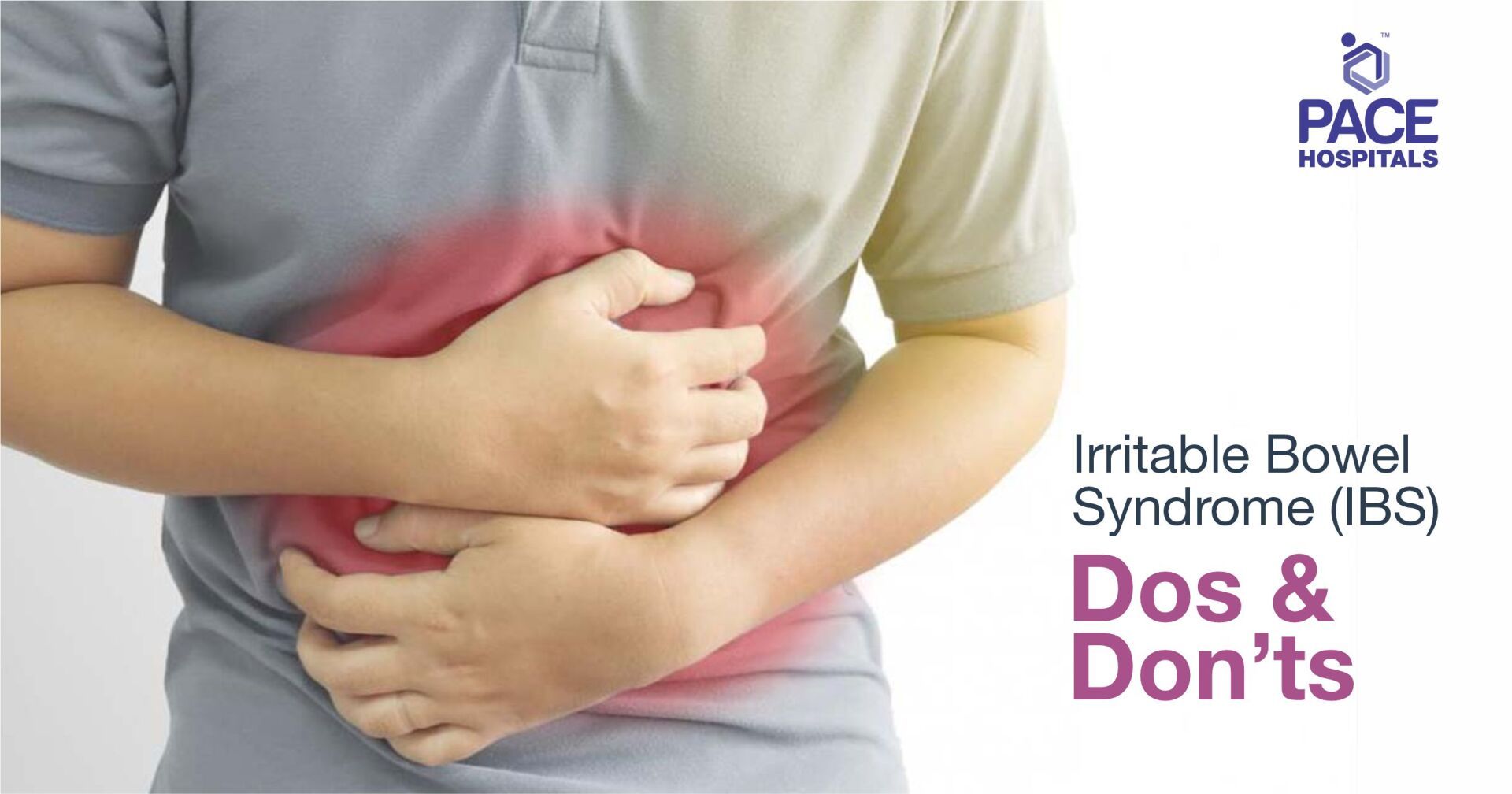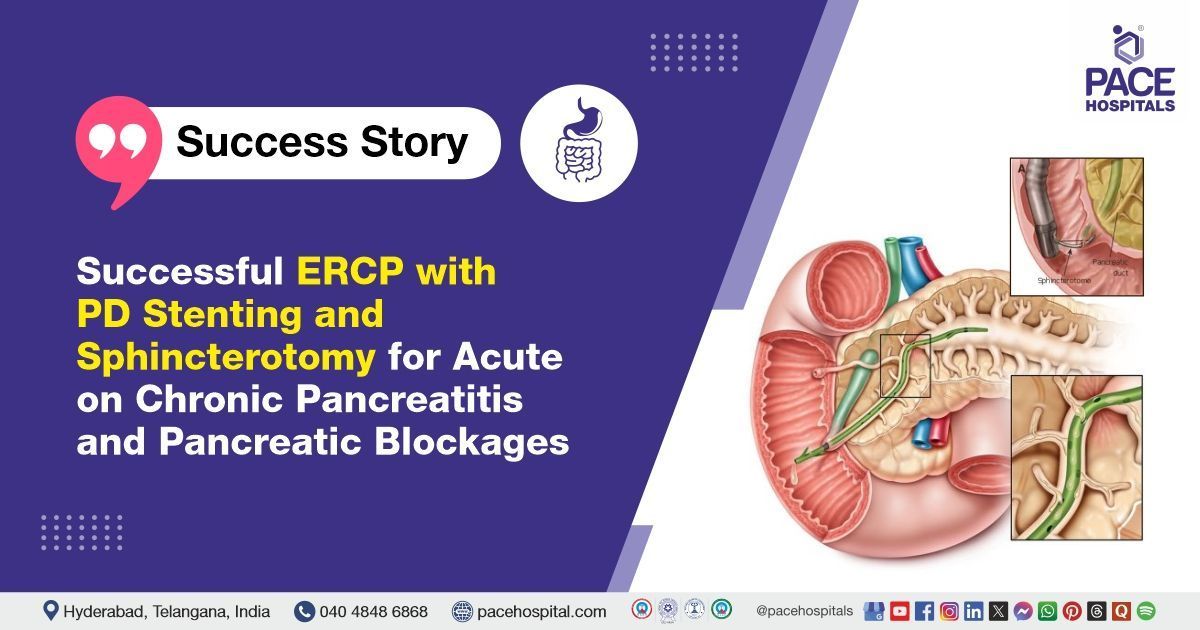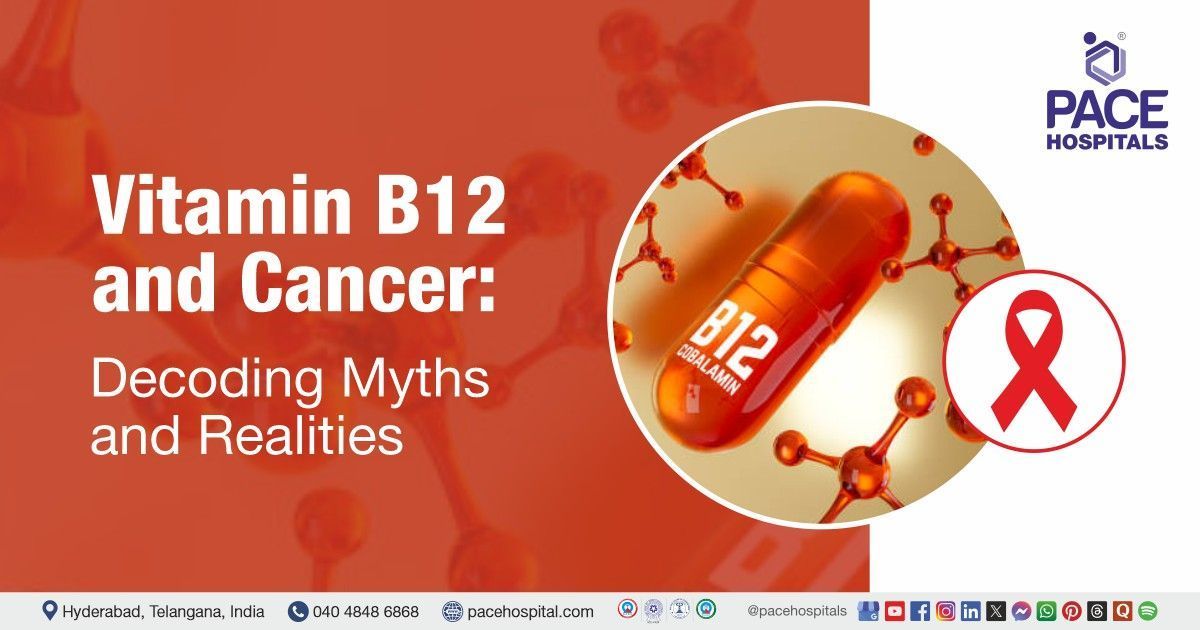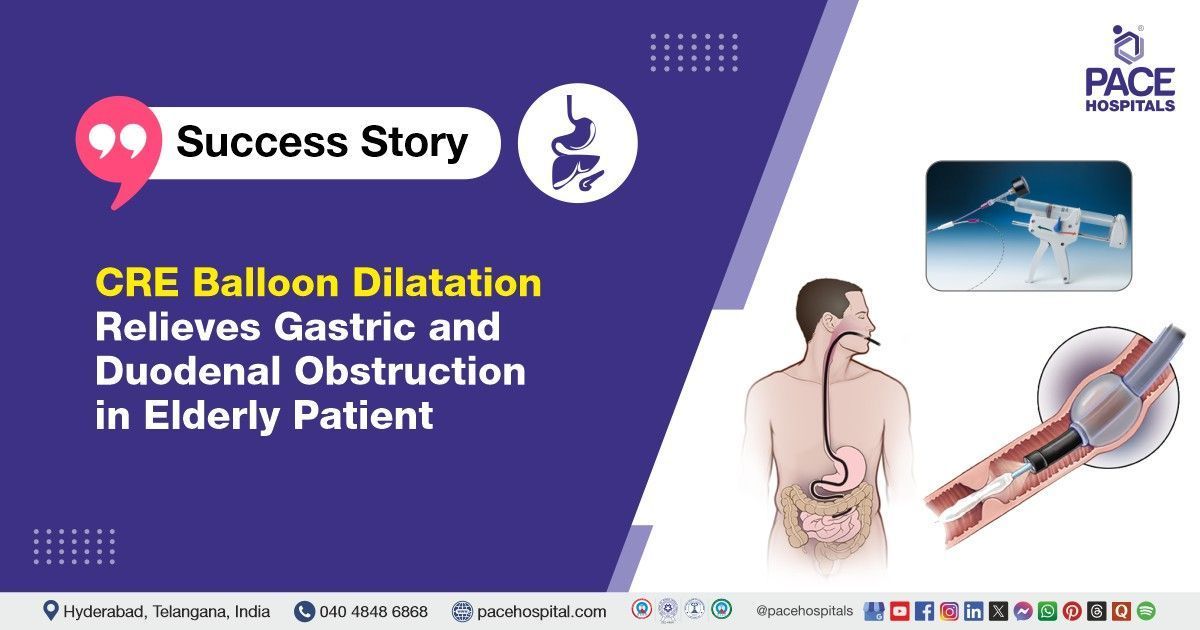Irritable Bowel Syndrome (IBS): Dos and Dont's
What is Irritable Bowel Syndrome (IBS)?
IBS is also known as spastic colon, irritable colon, mucous colitis, and spastic colitis. It is a separate condition from inflammatory bowel disease and isn’t related to other bowel conditions. IBS is a group of intestinal symptoms that typically occur together. The symptoms vary in severity and duration from person to person. However, they last at least three months for at least three days per month.
IBS can cause intestinal damage in some cases. However, that is not common.
IBS doesn’t increase your risk of gastrointestinal cancers, but it can still have a significant effect on your life. Learn more about the specific ways IBS can affect your bowels.
Click to know more about Inflammatory Bowel Disease: Risk Factors, Symptoms and Treatment
Ways to get relief from Irritable Bowel Syndrome (IBS)
Making a few changes to your lifestyle will go a long way in controlling Irritable Bowel Syndrome (IBS).
1.Eat more fibre and drink more water
Eating fiber adds bulk to stool, helping it to move through the colon easily. Drink at least eight glasses of fluid, such as water, Juice or herbal tea per day.
2.Avoid triggered foods and habits
Avoid Caffeine, alcohol, fatty fried foods, dairy products, canned foods and quit smoking. Some Medications can trigger your symptoms, so make sure that you tell your doctor all the medications you are taking.
3.Manage Stress
Stress and sleep disturbances can trigger Irritable Bowel Syndrome (IBS) symptoms. You can get professional help to relieve these problems
4.Be More Active
5.Medications
There are different groups of medications available to control the different symtoms of Irritable Bowel Syndrome (IBS). Do not take any medications without consulting doctor.
Share on
Request an appointment
Fill in the appointment form or call us instantly to book a confirmed appointment with our super specialist at 04048486868

















